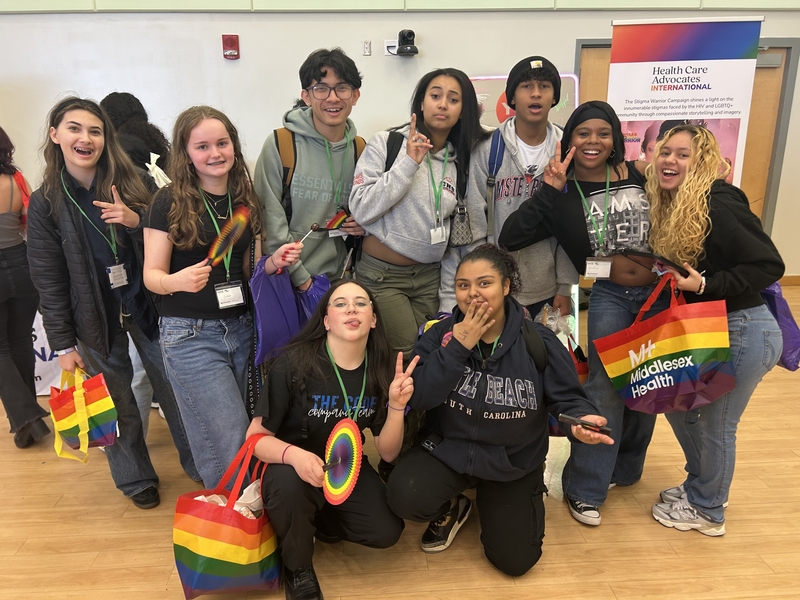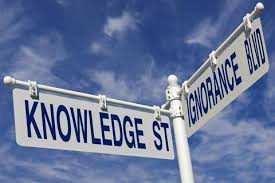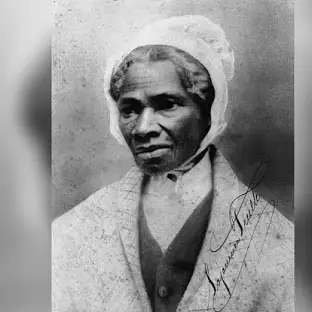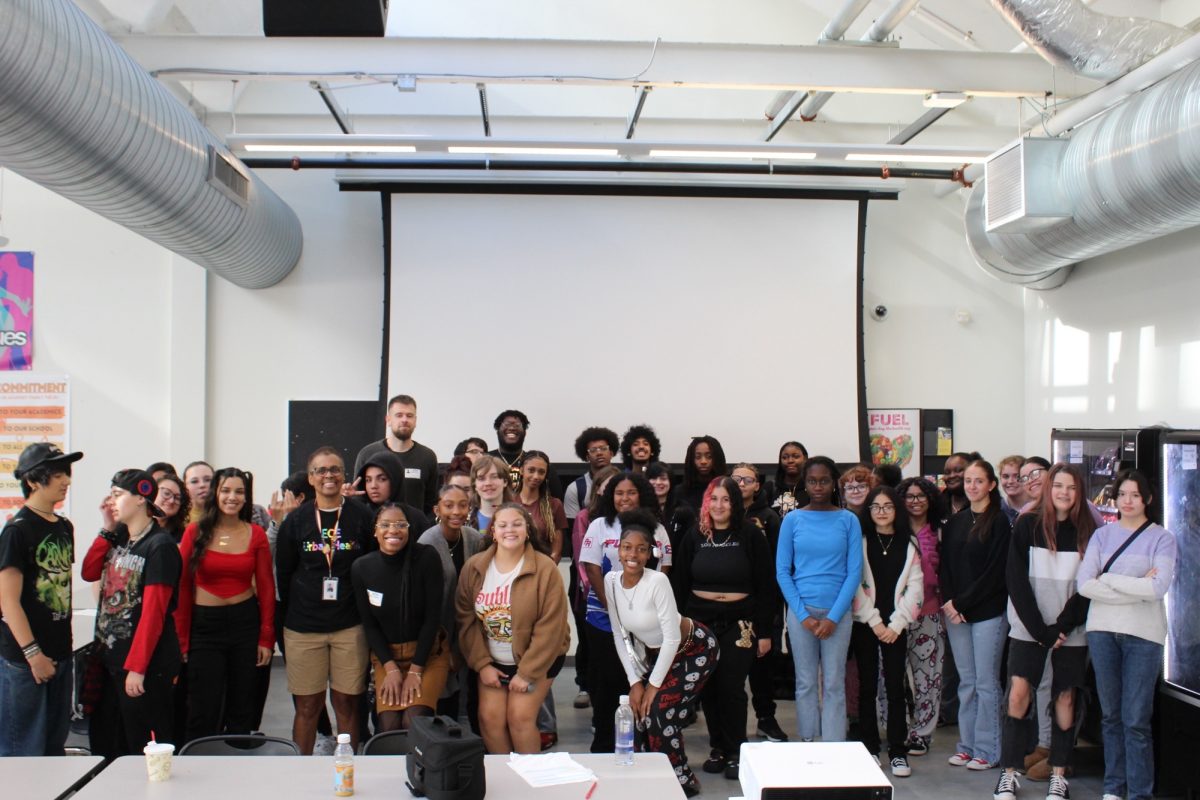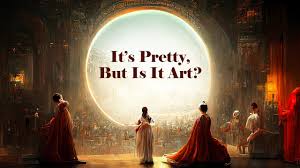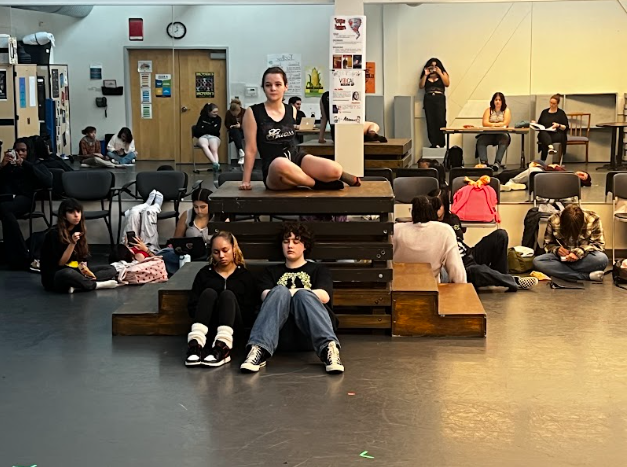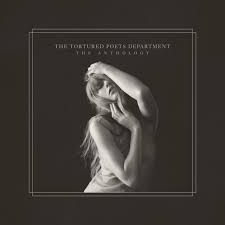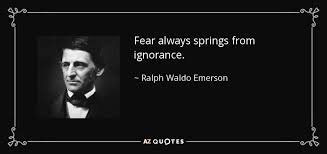In “Letter from Birmingham Jail,” Dr. Martin Luther King Jr. responds to white clergymen who criticized his protests against segregation. He uses a passionate but logical tone to argue that waiting for justice only allows oppression to continue. His letter is directed at white moderates and religious leaders who believe in gradual change rather than immediate action. King’s main point is that nonviolent direct action is necessary to bring about real change. To convince his audience, he uses historical and biblical references, emotional appeals, and logical reasoning, making a strong case for why civil disobedience is both justified and essential.
Martin Luther King Jr. uses strong rhetorical strategies to make his argument convincing in “Letter from Birmingham Jail.” One technique that makes the beginning of his argument strong is his use of ethos to show his credibility. Early in the letter he says, “I have the honor of serving as president of the Southern Christian Leadership Conference, an organization operating in every southern state.” By mentioning his leadership role MLK proves he has experience in the civil rights movement. This makes his argument stronger because people are more likely to listen to someone who is experienced and knows what they are talking about. He is not just an outsider interfering, he is someone directly involved in the fight for justice.
MLK also uses logos or logical reasoning to make his argument stronger. He writes, “Injustice anywhere is a threat to justice everywhere.” This shows that if injustice is allowed in one place it can spread and affect everyone. He wants his audience to see that civil rights is not just a local issue but something that impacts the whole country. By using logic he makes his argument harder to ignore because it makes sense that ignoring injustice will only make things worse.
Lastly MLK uses pathos or emotional appeal to make his audience feel the pain of racism. He writes, “When you have seen vicious mobs lynch your mothers and fathers at will and drown your sisters and brothers at whim… then you will understand why we find it difficult to wait.” This makes his readers imagine the terrible suffering African Americans go through. It makes them feel sympathy and understand why change needs to happen immediately. His words make it personal and emotional which helps convince his audience to support the movement.
When taken together, these appeals are effective for the speaker’s target audience because he uses a mix of ethos, logos, and pathos to appeal to his audience. When taken together, these appeals are effective for his target audience because they build trust, provide logical reasoning, and create an emotional connection that makes the issue of racial injustice impossible to ignore. His argument is well-structured and forces his readers to see why immediate action is necessary. The speaker relied mostly on pathos in his speech because his audience would have been more likely to respond to emotional appeals. He wanted to make the white clergymen understand the suffering of African Americans, so he used vivid imagery and personal examples to make them feel the urgency of the movement. While he also used logic and credibility, his strongest tool was making the reader emotionally invested in the struggle for civil rights. Though my speaker wrote an effective speech, he could have been a little more persuasive if he had included more direct solutions or ways his audience could take action. While he explains why waiting is not an option, he does not give specific steps for how the clergymen should support the movement beyond understanding his perspective. More direct calls to action could have made his argument even stronger. Still, this was a very effective speech; the most powerful aspect of it was his use of emotional storytelling to make injustice feel personal. By describing real experiences of racism and suffering, he forces his audience to see why civil rights cannot be delayed. His letter remains one of the most influential writings in American history because of its ability to make readers feel the urgency of justice.



